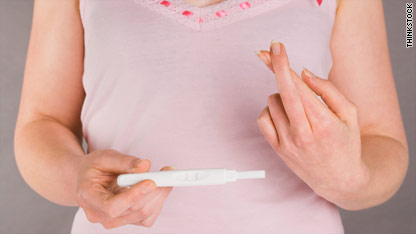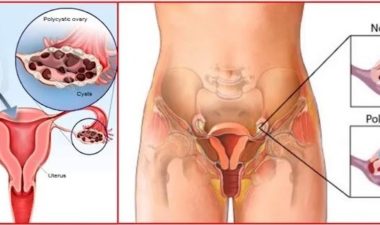ONCE YOU’VE DECIDED TO TRY FOR A BABY, AN ACTIVE HAPPY SEX LIFE IS ALL MOST PEOPLE NEED TO CONCEIVE.
Fertility expert Dr. Gillian Chisholm, Clinical Director at Reproductive Solutions Jamaica sees many couples hoping to get pregnant.
“Have a happy sex life,” is her number one recommendation. She says that some couples with fertility problems don’t have sex often enough to give themselves the best chance of conceiving.
Understanding a woman’s monthly menstrual cycle can be helpful. But there’s no need to try to time sex around your cycle. It’s better simply to just have fun while being intimate through sex often throughout the month.
UNDERSTAND THE MONTHLY CYCLE
Every month, hormonal changes in a woman’s body cause an egg to be released from the ovaries. This egg goes to the Fallopian tubes, which connect the ovaries to the uterus (womb). This is called ovulation.
You’re most likely to get pregnant if you have sex within a day or so of ovulation. Ovulation usually happens about 14 days after the first day of your last period.
An egg lives for about 12-24 hours after it’s released. For you to get pregnant, a sperm must fertilize the egg within this time. Sperm can live for up to seven days inside your body, which means an egg is often fertilized by sperm that entered the body before the egg was released.
FREQUENT SEX BOOSTS PREGNANCY CHANCES

If you’re hoping to get pregnant, having sex every two or three days throughout the month will give you the best chance.
Timing sex around ovulation can put a damper on the act of being intimate. Trying to do this can be stressful, and being stressed may mean you have less sex.
HOW LONG DOES IT TAKE TO GET PREGNANT?
Three out of 5 couples in which the woman is under 35 will conceive naturally after one year of having regular unprotected sex.
If you’ve been trying for a year or more and have not become pregnant, see your doctor. Your doctor can do tests to help identify possible fertility problems, and provide advice on the next steps.
If the female partner is over 35, or you’ve had problems before, such as an ectopic pregnancy or surgery that may have affected your fertility, seek help sooner.




